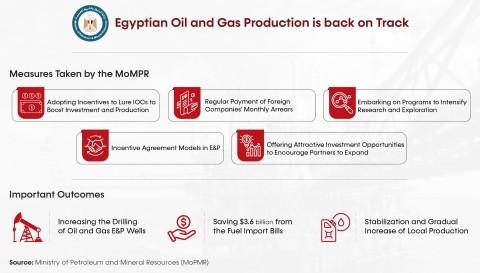Brazil’s oil-exploration and local-content policies harm oil producer Petróleo Brasileiro SA and the nation as a whole, a government-appointed member of the state-run company’s board said on Tuesday in a rare show of board-member independence.
The comments were made by Roberto Castello Branco, who was named earlier this year by President Dilma Rousseff’s administration to be one of the government’s seven representatives on the board of Petrobras, as the company is known.
Speaking to reporters in Rio de Janeiro, Castello Branco, a former senior executive at mining company Vale SA, said the local-content rules, which require oil companies to buy as much as 65 percent of their goods and services from domestic companies, create a situation that favors the formation of cartels.
He also criticized the production-sharing system for new auctions of oil exploration rights in the offshore region known as the subsalt, in the Atlantic Ocean off the coasts of Rio de Janeiro and Sao Paulo, where oil is trapped far beneath the seabed by a layer of mineral salts.
Under the system, the company or group that wins rights in the subsalt, will be the company that offers the largest share of future output to the government.
The rules also say that Petrobras must also take a financial stake of at least 30 percent in any subsalt group and serve as the only operator of any exploration and production area, giving it final say over planning and equipment.
“The production-sharing system has all sorts of distortions, the first being the 30 percent share for Petrobras, which is not viable,” Castello Branco said. “It hurts Petrobras and Brazil, (and) the system of auctions based on oil payments doesn’t maximize state revenue.”
While the government says the system will bring more revenue to its coffers than the previous concession system, congressional studies have challenged that, saying it will bring in the same amount or less than the country’s concession system, which applies in the rest of Brazil.
With Petrobras, the world’s most-indebted oil company, saying it doesn’t have money to bid on new subsalt areas, government expectations of a tax bonanza from the subsalt could be frustrated unless the area is opened up to new companies.
A bill in Brazil’s Senate aims to do just that, but Rousseff recently reaffirmed her objections to any changes to the country’s oil laws.
Source: Reuters












